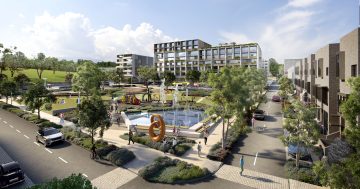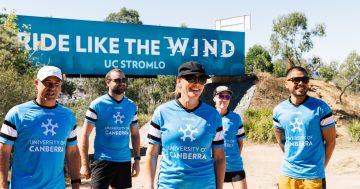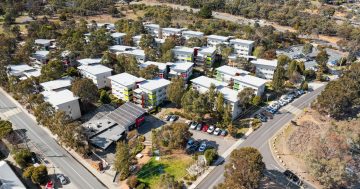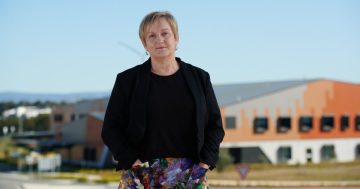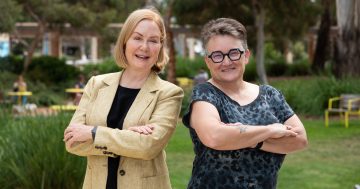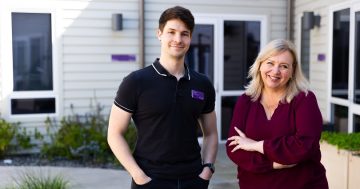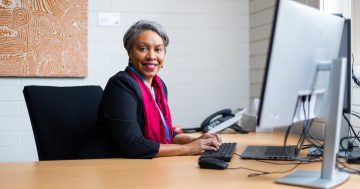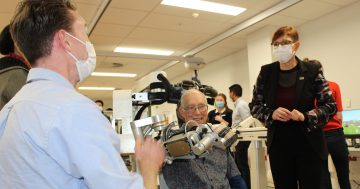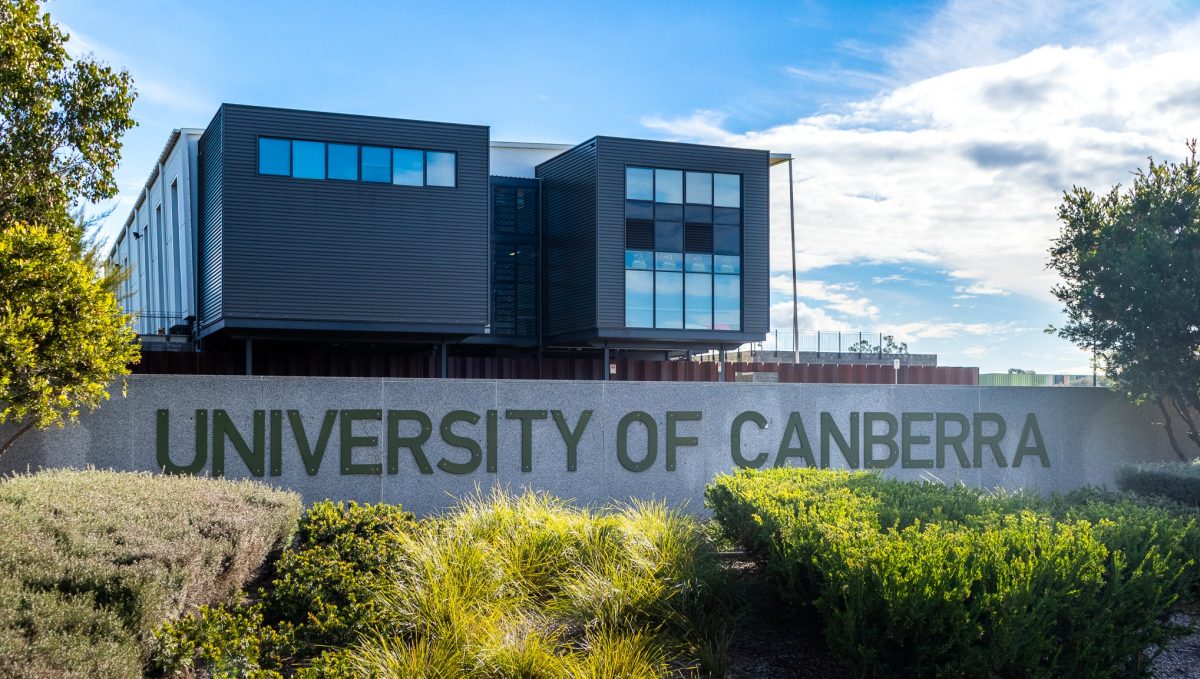
A new Health and Wellbeing Neighbourhood will be created as part of UC’s campus master plan. Photo: UC.
The University of Canberra (UC) is on the cusp of building its community health future and has called for partners to join the journey.
UC launched its Health and Wellbeing Neighbourhood as part of the Campus Master Plan last year and has now opened an expression of interest for a contributor to help build an aged care facility on site.
Faculty of Health executive dean Professor Michelle Lincoln said it presented a chance to align research, innovation and service in the one place.
“I have a vision that when our students are learning about aged care and community health, the tutorial room is in the aged facility,” she said.
“Those living independently [at the facility] on campus could enrol in courses, even teach a little bit, use our library and coffee shops, and develop friendships with students.
“There would be two-way benefits that would enrich our educational offering to students and our health services to the Canberra community.”
A three-hectare parcel of land near the university’s hospital has been put aside to build the facility, which Professor Lincoln said would be constructed in consultation with the new partner and university students.
“This would be a whole-of-university initiative,” she said.
“We’d have students from architecture and design departments, as well as occupational therapy students to help create the plan.”
The call for a new partner followed the mutual decision to terminate an agreement between UC and Moran Health Care Group.
Professor Lincoln said this agreement had been made before the Aged Care Royal Commission and saw this as an opportunity to revamp their plan.
“We’ve taken this as a chance for innovation and evaluation to see what really helps give people quality of life as they age,” she said.
But an aged care facility was only one part of the vision.
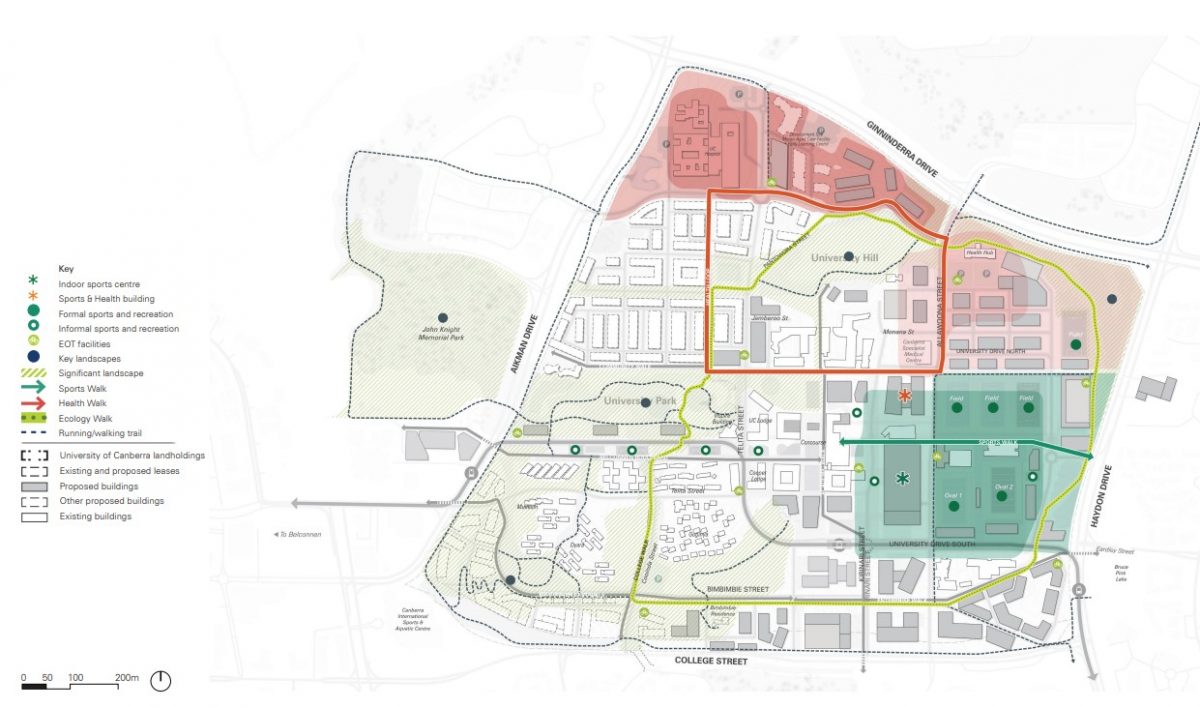
UC Bruce campus master plan contains several ‘neighbourhoods’. Photo: UC.
The Health and Wellbeing Hub would eventually contain all types of community health services and offerings, with plans for disability and mental health providers to also get on board.
Professor Lincoln said she hoped it would not only deliver services for northern Canberra but the entire community and far beyond.
“We plan to influence aged care internationally; we’ll be proud of the innovative research that comes out of this space,” she said.
“It will be a vibrant place to be with open and accessible services, particularly for disability and mental health providers. There’s the opportunity to create purpose-built and designed spaces for them.
“This could be a drawcard both for the university and health services, bringing people to Canberra, especially health professionals and academics.”
The move away from solely providing hospital services to the community and education to students was decided around the strengths of the university.
Professor Lincoln said the university’s courses had more of a focus on preventative and primary healthcare, teaching midwifery, nursing, allied health and sports physiotherapy.
“We know chronic disease is rife, and the only way to get ahead is to give preventative care in homes rather than hospitals,” she said.
“There will always be a need to have health professionals in hospitals, and of course, we will always give our students those opportunities as well, but we will be working more in the primary care space as time goes on.
“That’s where we think the future of health is.”
It’s hoped a final decision on a partner could be decided by early next year.
To become involved, expressions of interest can be submitted online.












